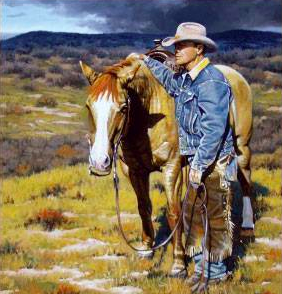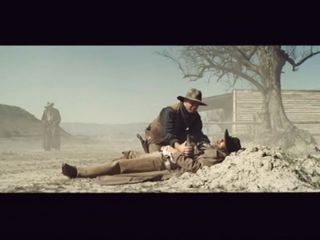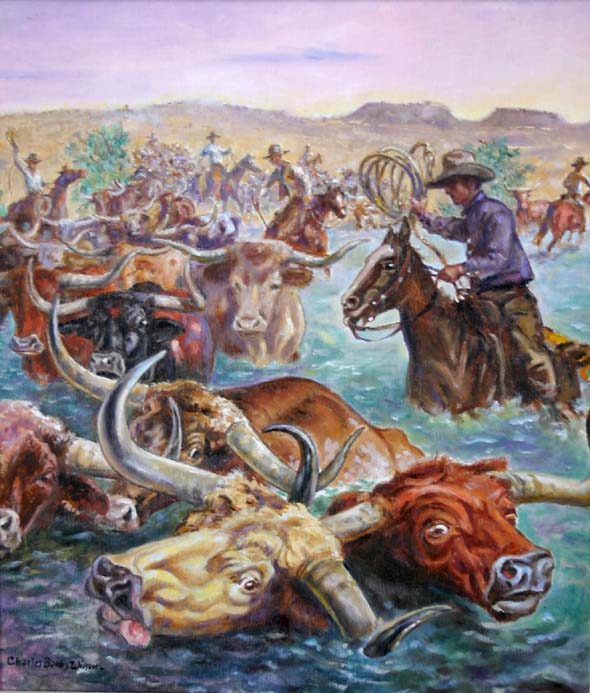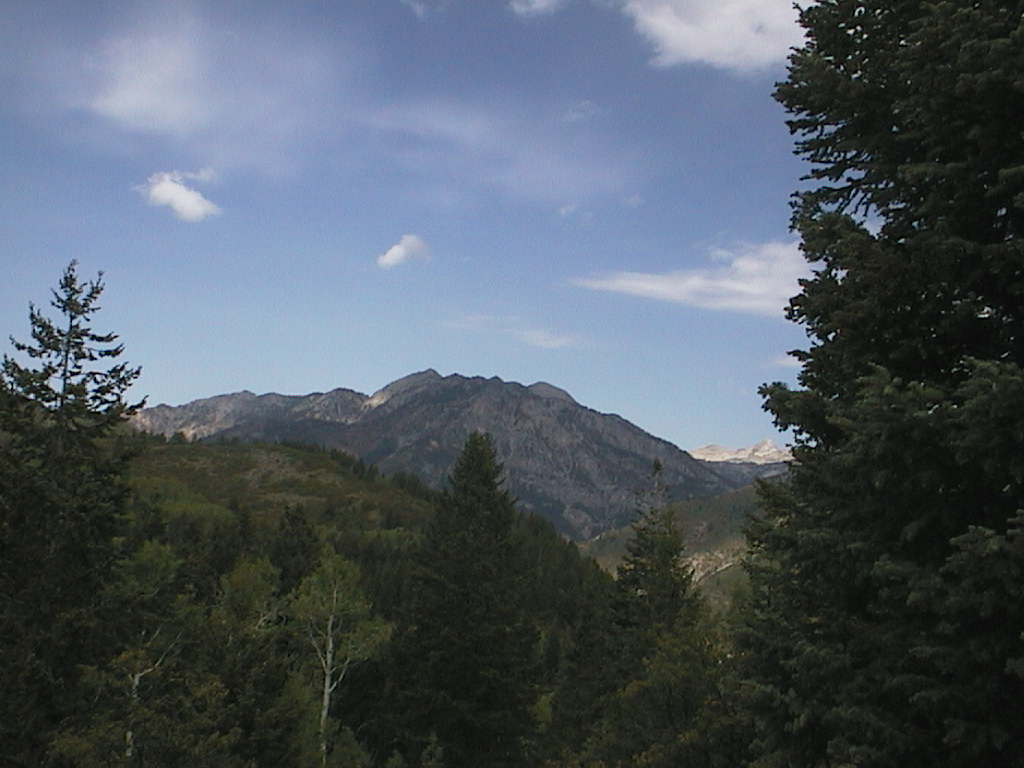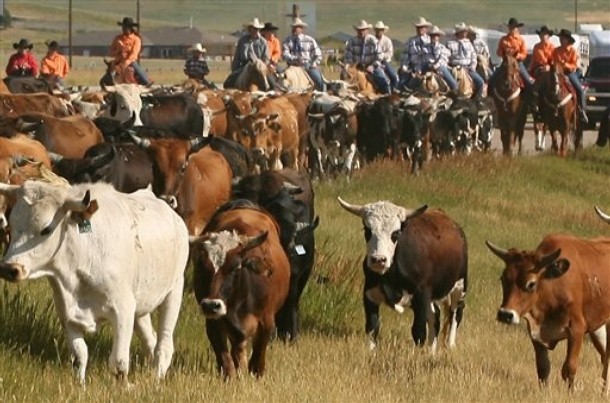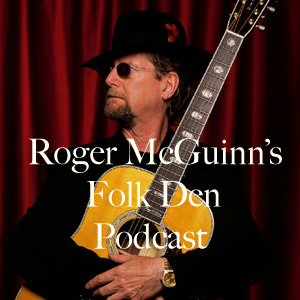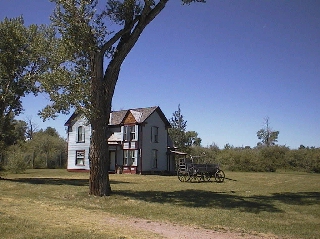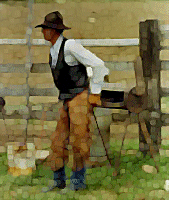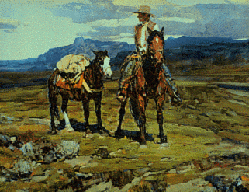
My friend Bill Lee recently said, “You haven’t done a cowboy song for the Folk Den in a long time. So here’s one:
Most people think “Cowboy’s Dream” is a traditional song by an anonymous author. I did some digging and found this from John White, Westfield, NJ, May, 1934:
“Many poets have written of the cowboy. Only a few have seen their poems become a part of the folklore that has grown up around American frontier history. D. J. O’Malley has been accorded that distinction. He wrote a few verses for a poem called: “Sweet By-And-By Revised.” Mr. O’Malley recalls that “Sweet By-and-By Revised” was one of his earliest attempts at verse making. He believes it probably was the third or fourth poem of the forty or more that he wrote while following the cowpuncher’s trade. The original, which he says appeared in the Stock Growers’ Journal during the middle 1880’s, is a rather crude set of verses, only five in number. These apparently furnished the foundation for the ballad often called “The Cowboy’s Dream”, which was completed by Will C. Barnes and has been given a place in nearly every collection of American frontier songs.”
It has been traditionally sung to the tunes of “My Bonny Lies Over The Ocean” and “Red River Valley.” I decided to use “My Bonny Lies Over The Ocean” because the tune rolls like the sea.
[A] Last night as I [D] lay on the [A] prairie
And looked at the [B7] stars in the [D] sky,
[A] I wondered if [D] ever a [A] cowboy
Would [D] drift to the sweet [A] by and by.
The road to that broad happy region
Is a dim narrow trail so they say;
But the bright one that leads to perdition
Is posted and blazed all the way.
CH: [A] Roll on, [D] Roll on,
[E] Roll on, little dogies, [A] Roll on, Roll on,
[A] Roll on, [D] Roll on,
[E] Roll on, little dogies, [A] Roll on,
They say there will be a great round-up,
And cowboys, like dogies will stand,
To be marked by the riders of judgment
Who are posted and know every brand.
And I’m scared that I’ll be a stray yearling
A maverick unbranded on high;
And get cut from the bunch with the rustlers
When the Boss of the riders goes by.
CH:
For they tell of another big owner
Who’s ne’er overstocked, so they say,
But who always makes room for the sinner
Who drifts from the straight narrow way.
They say he will never forget you
That he knows every action and look;
So, for safety, you’d better get branded
Have your name in the great Tally book.
CH:X2

